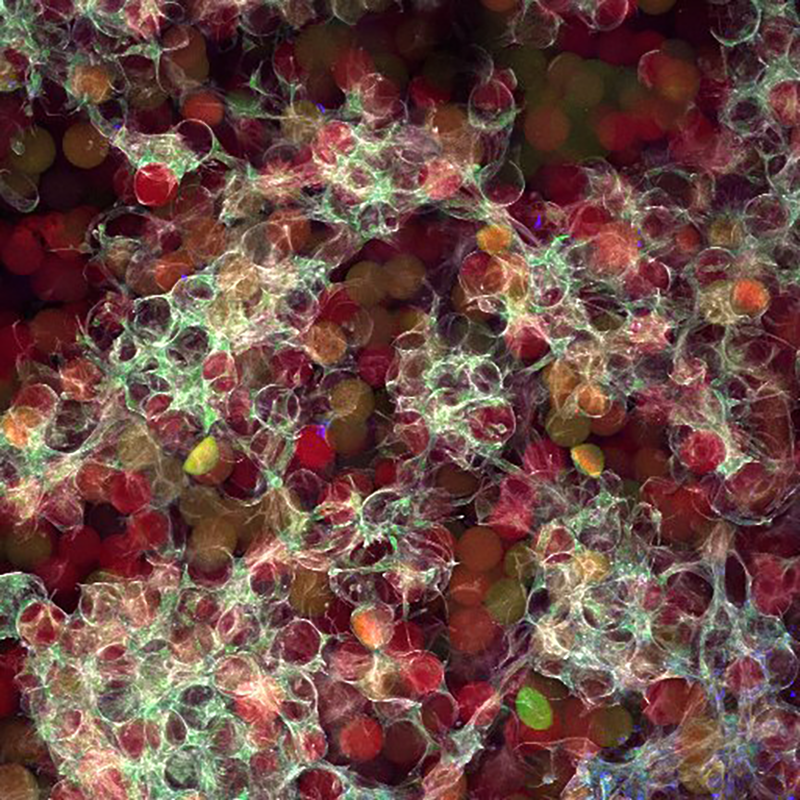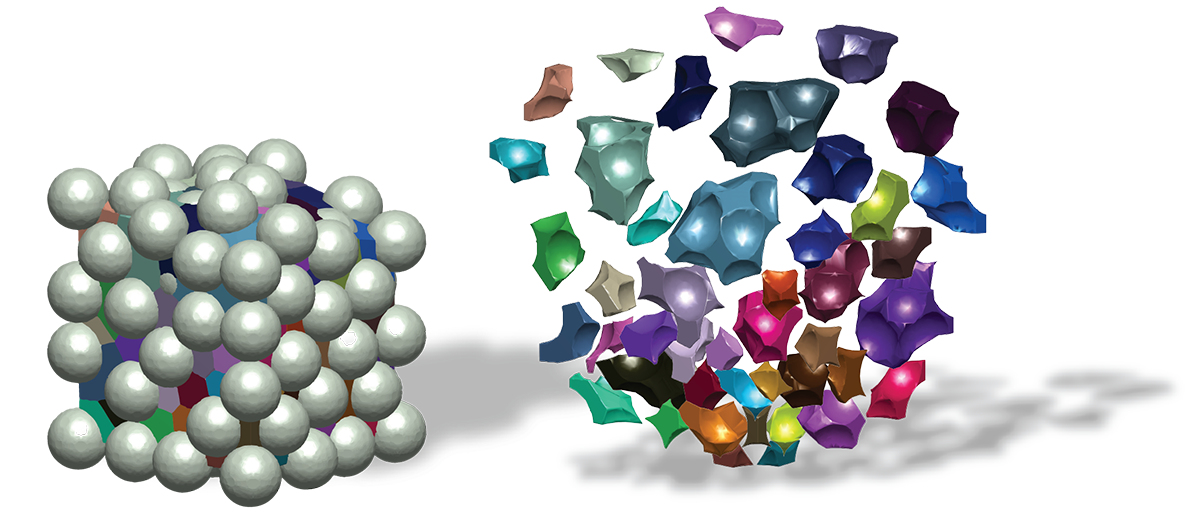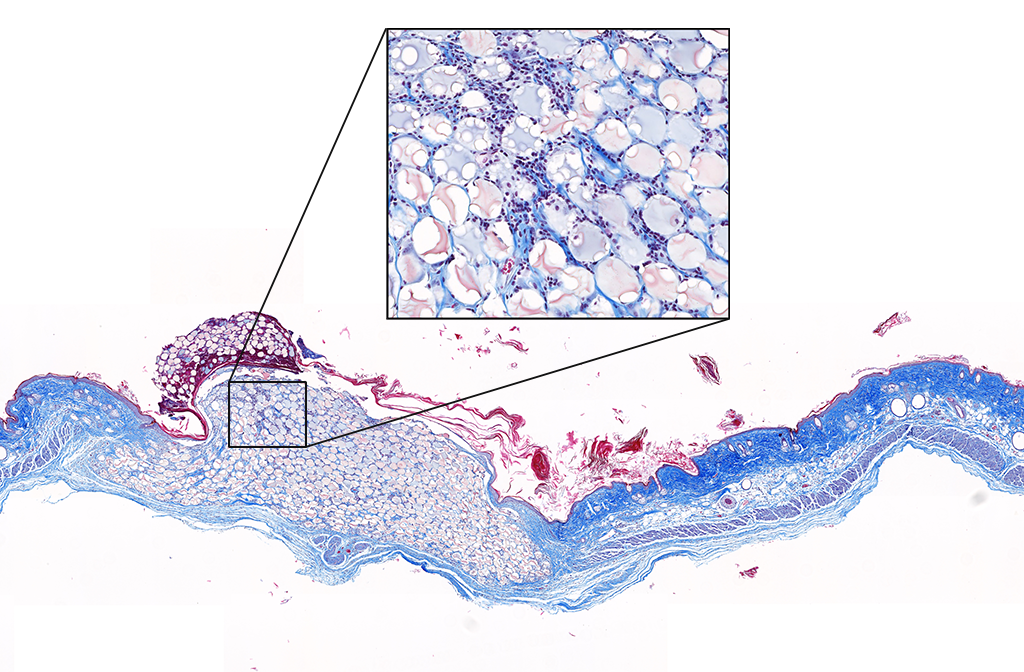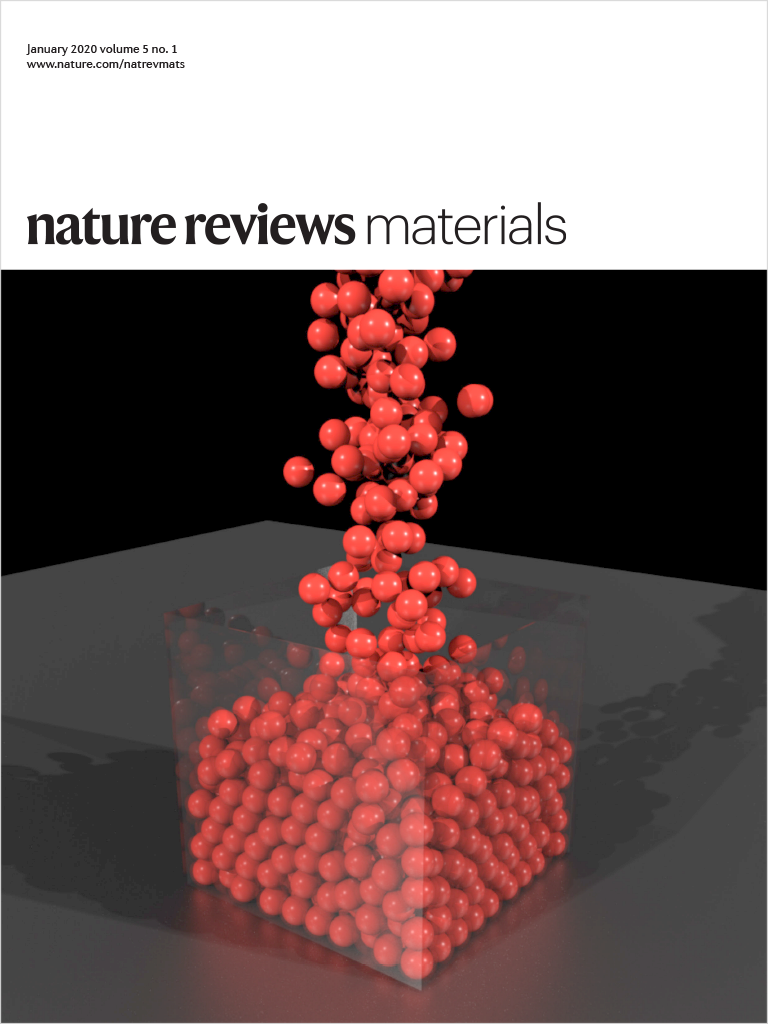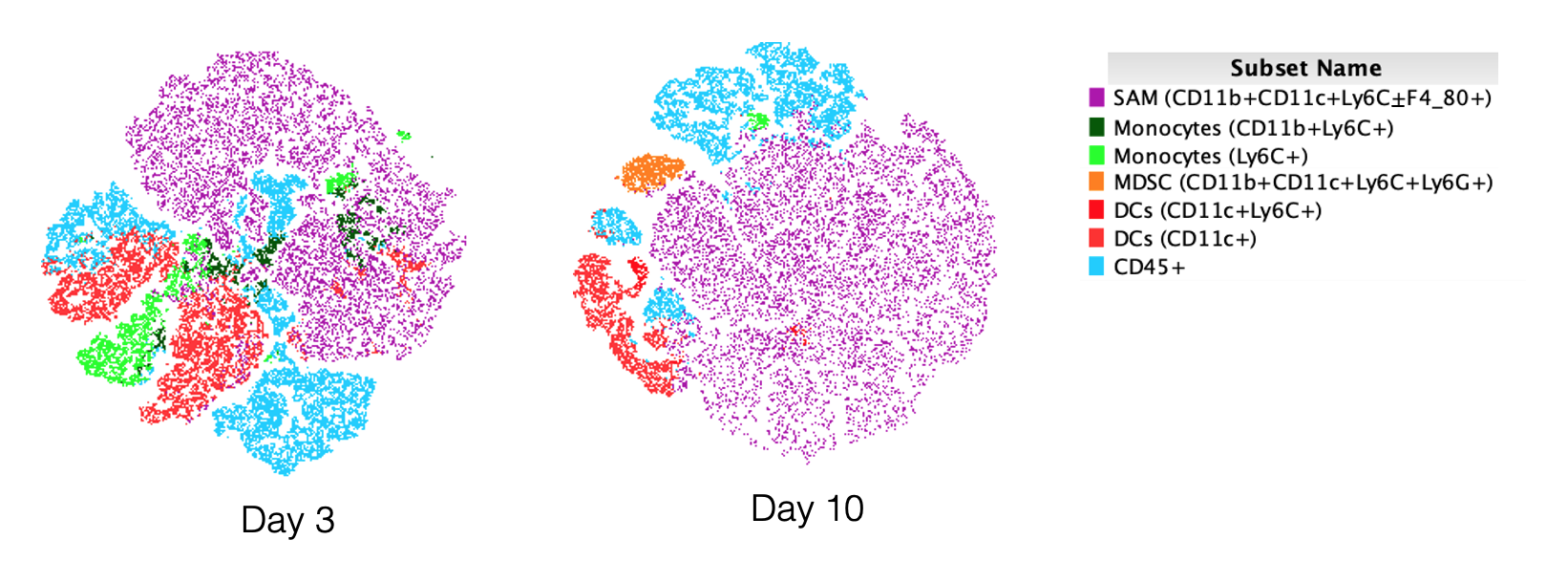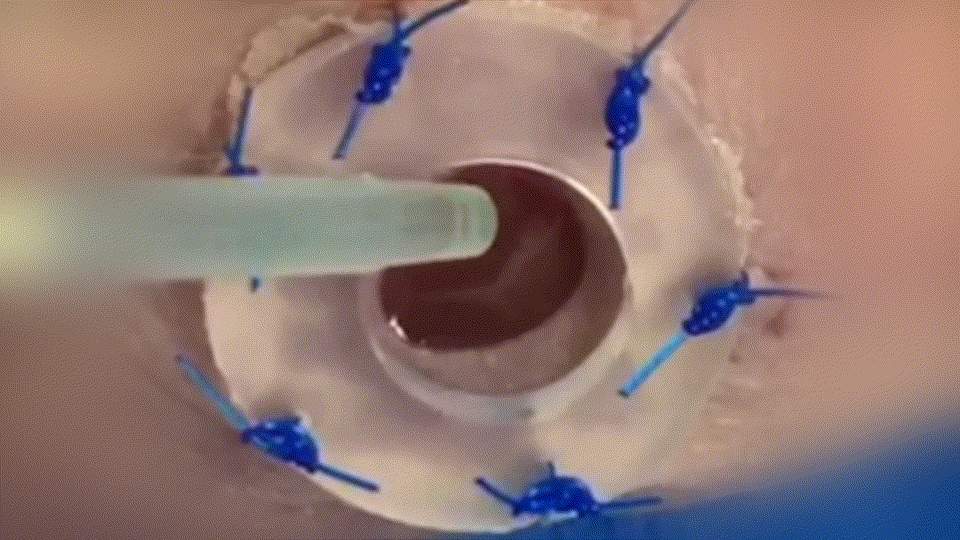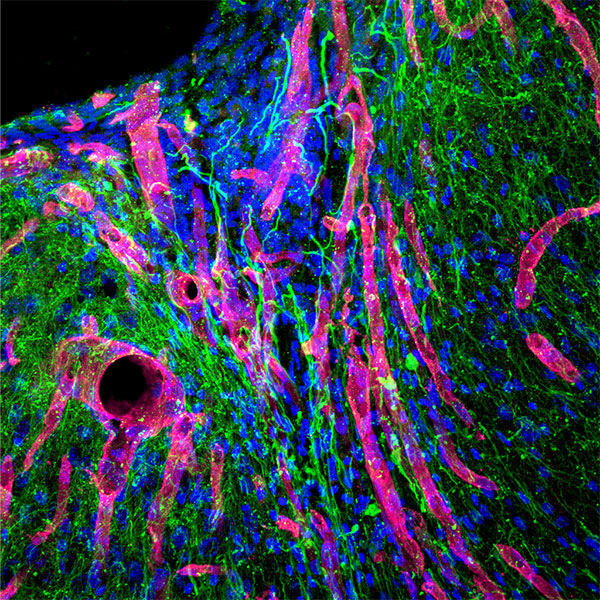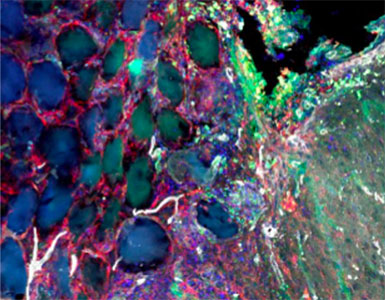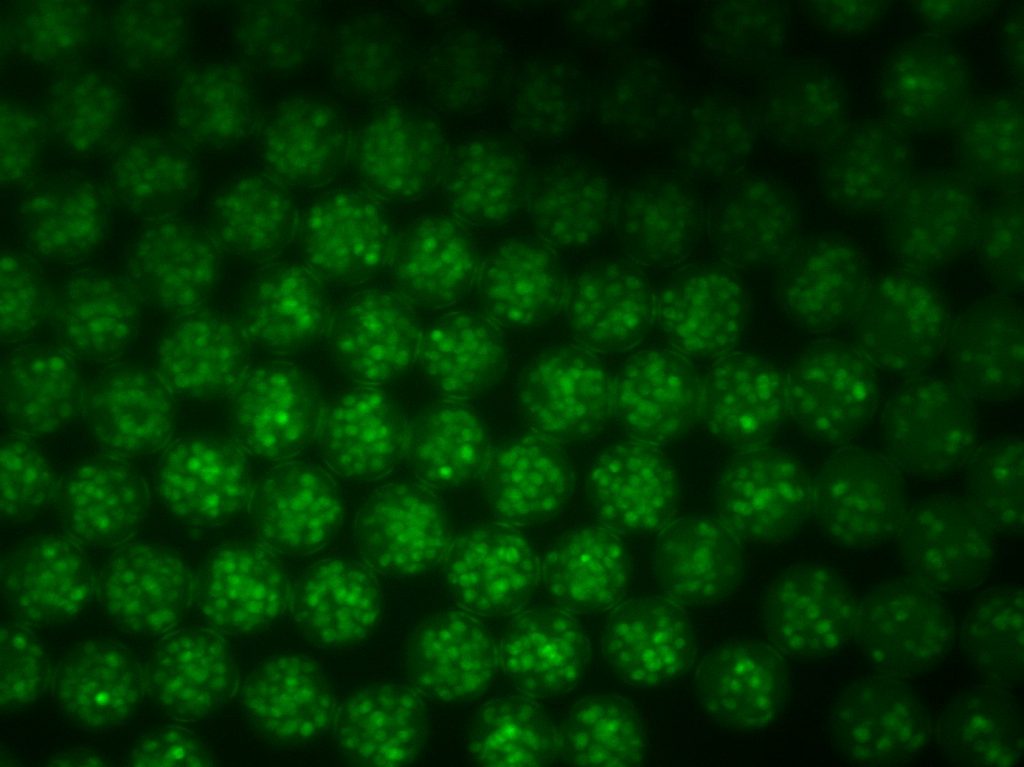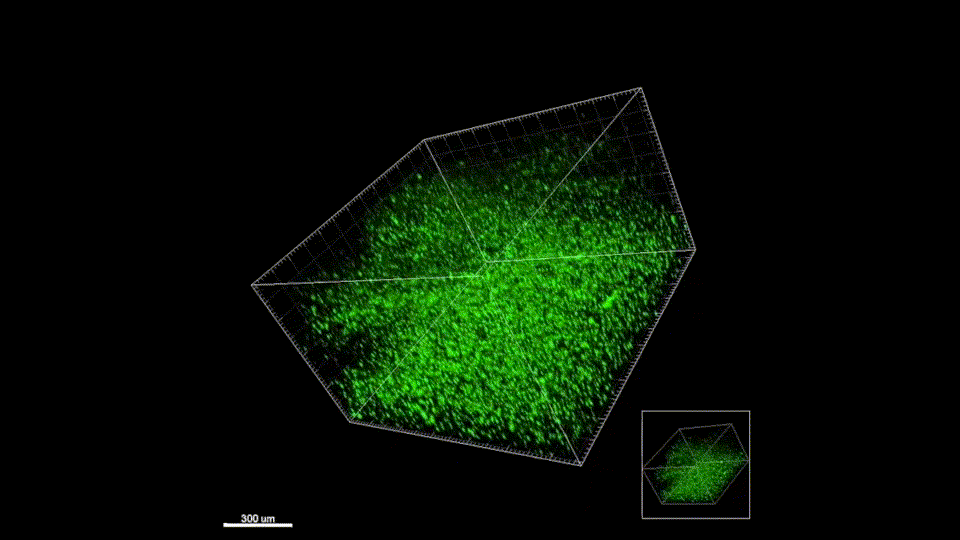Altmetric Score
Dimensions
Citation
Background:
To investigate the use of RNA interference mediated gene down-regulation targeting hypoxia inducible factor 1alpha (HIF-1alpha) and plasminogen activator inhibitor 1 (PAI-1) in an effort to prevent abdominal adhesion formation.
Materials and Methods:
Real time PCR and a PAI-1 protein activity assay were used in vitro to determine the efficacy of small interfering RNAs (siRNAs). For in vivo experiments, 57 white female rats were operated to generate ischemic and serosal injury to the uterine horns, and treated with saline, siRNA(Lamin A/C) (negative control), siRNA(HIF-1alpha), siRNA(PAI-1), or siRNA(HIF-1alpha) plus siRNA(PAI-1). The cationic polyer poly(ethylenimine) (PEI) was used as the delivery vehicle for all siRNAs delivered in vivo. Adhesions were analyzed by a blinded surgeon 8 days post-surgery.
Results:
After in vitro transfection with siRNA, at least 69% gene down-regulation was obtained for all siRNAs tested. In vitro siRNA-mediated down-regulation of HIF-1alpha, PAI-1 or their simultaneous delivery resulted in a significant decrease of PAI-1 protein activity (at least P < 0.05). Administration of 4 nmol siRNA(HIF-1alpha)/PEI complexes after injury to the uterine horns achieved a statistical reduction of post-operative adhesion formation with a reduction by 52% (P < 0.05). Delivery of 4 nmol siRNA(PAI-1)/PEI complexes and the simultaneous delivery of 2 nmol siRNA(HIF-1alpha) plus 2 nmol siRNA(PAI-1), resulted in a reduction of abdominal adhesion by 36% and 42%, respectively, with the reduction being statistically significant when compared directly to the saline control (P < 0.01).
Conclusion:
These data show that administration of siRNA/PEI complexes within the peritoneal cavity can be used to prevent post-operative abdominopelvic adhesions.

